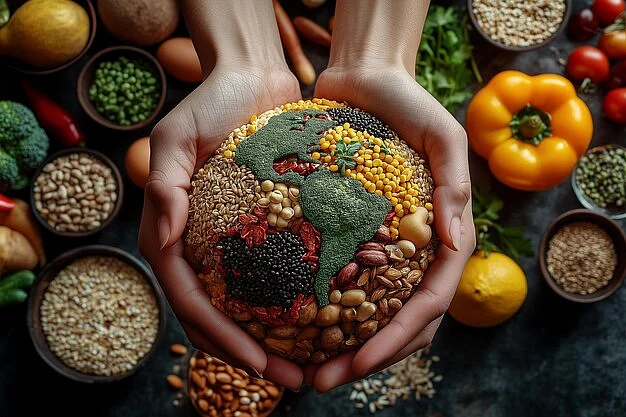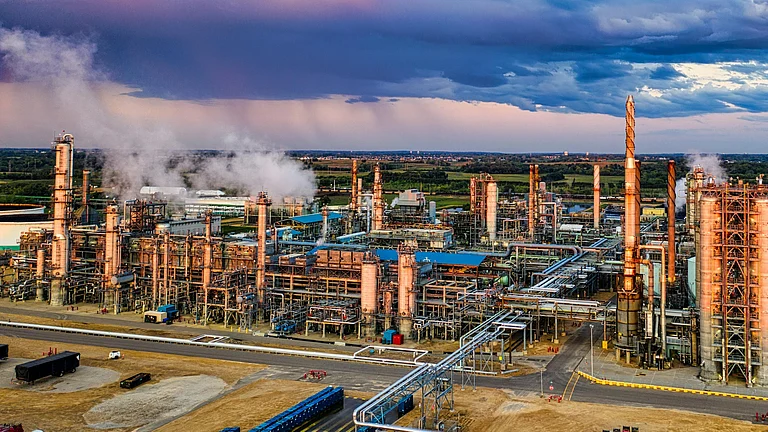The International Crops Research Institute for the Semi-Arid Tropics (ICRISAT) has unveiled a groundbreaking study demonstrating the pivotal role of geospatial maps and satellite data in transforming agriculture across South Asia. As the 2030 Sustainable Development Goals (SDG) deadline approaches, with just six harvests left, the pressure to sustainably intensify agricultural production has never been greater.
These tools offer a promising solution to enhance productivity and sustainability, particularly in the region’s drylands. The study, covering 477 million hectares across India, Pakistan, Nepal, Bhutan, Bangladesh, and Sri Lanka, has mapped 27 major cropping systems. By providing a fresh perspective on redesigning these systems, researchers aim to address both food security and climate resilience in the coming years.
The time series data provides a fresh perspective on rethinking and redesigning cropping systems. When combined with climate and soil data, they can optimise resource planning and boost agricultural productivity.
At the global level, the data can guide climate change mitigation, while nationally, it aids in understanding cropping patterns, enabling governments to allocate resources like water, fertiliser, and seeds better.
These maps also inform disaster management strategies, identifying vulnerable areas and improving targeted responses to droughts and floods.
Geospatial technology holds the potential to reshape agricultural policy and practice in South Asia, offering a path forward in an increasingly climate-challenged world.































